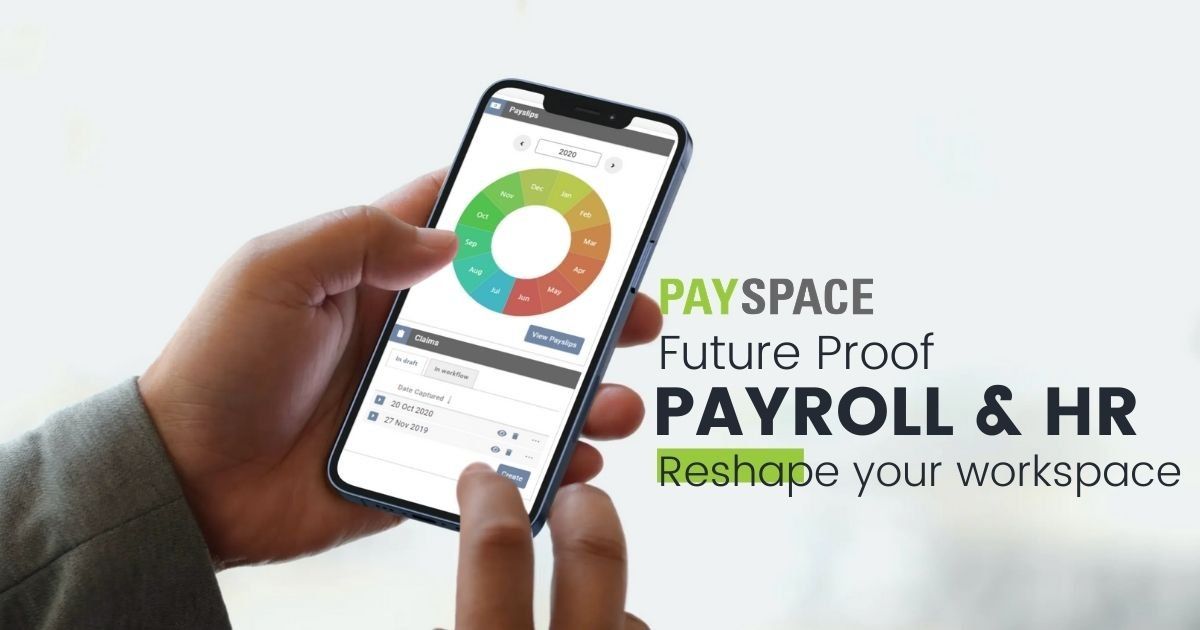How South African PaySpace is Effectively Handling Remote Working

PaySpace, a South African payroll, and HR software startup is committed to working remotely. As a startup explains, the ability to attract talent has been a critical effect of working remotely. As a startup explains, the ability to attract talent has been an essential effect of working remotely.
The post-pandemic period saw a host of organizations consider a switch to working remotely. However, these decisions are not made without considering challenges. Transitioning to remote working required forward-thinking culture and tech-savvy staff.
Many tech startups began scaling up before the lockdown and would have found it easy to switch from an office environment to remote working. PaySpace did just that, and the results of those discussions revealed that a startling 98% of employees would prefer to continue working remotely with the flexibility to conduct team meetings as needed and still connect socially with their coworkers.
Sandra Crous, PaySpace’s managing director, says this decision is exciting as it enables the company to be at the vanguard of this model and pave the way for other companies to adopt it.
Working Remotely
One of the significant transition challenges for PaySpace was South Africa’s power structure. According to Crous, ensuring the employees had the freedom to work from home and giving them the tools they needed to produce was crucial. In addition, PaySpace provided battery backups for every member to ensure staffs were ultimately productive so they could work through load shedding.

Another difficulty is maintaining the solid culture that PaySpace has established while being remote and expanding the business. According to Crous, PaySpace’s organizational culture includes the why and the how of its daily activities. “Our goal is to use technology to improve people’s lives, including those of our clients, business partners, and coworkers.”
To fix the disconnect between Executive members and feet on the ground, where the executives want people back in the office. PaySpace encouraged face-to-face interaction to preserve the culture of seeing each other.
“For this reason, when new staff members join PaySpace, the company does a face-to-face induction. There, staffs meet the managers at the relevant office. In addition, all meetings, irrespective of size, are ‘cameras on’ – this isn’t negotiable. This helps staff stay connected, to maintain a close-knit culture,” said Crous.
Crous added that PaySpace holds a quarterly get-together to socialize and get to know each other.
“We also encourage quarterly face-to-face meetings for our big teams within the various regions. A fair bit of socializing mixed in with the meetings, such as interactive games used to build camaraderie and maintain the human element.”
PaySpace Improves through Remote Working
Today, the competition for qualified candidates is fierce, especially in technology. Transitioning to remote working is satisfying PaySpace’s thirst for in-demand talent. Since remote work can be done from anywhere and is not constrained by proximity to the office, it is a significant bonus and helps draw top talent.
Crous says, “We care about the individual at PaySpace. It doesn’t matter that large investments were made and offices built. We want to do what is best for colleagues and our business, and people are happier and more productive when working from home. Remote working is a new way. It makes zero sense to force people to go back to work. Businesses who adapt to this are the ones who will survive.”
